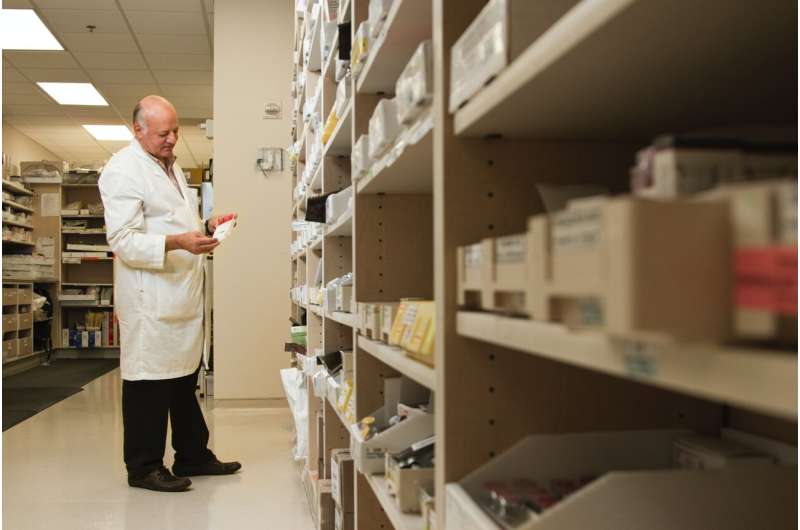New Regulations for Cosmetic Injectables: Enhancing Industry Safety

Australia has introduced new safety regulations for cosmetic injectables to combat unsafe practices, unethical promotion, and inadequate practitioner training, aiming to protect patients and elevate industry standards.
Recent regulatory updates in Australia aim to strengthen the safety standards within the booming cosmetic procedures industry. Known for procedures like Botox, dermal fillers, laser resurfacing, and chemical peels, this sector has faced scrutiny due to reports of unsafe practices, inadequate practitioner training, and unethical targeting of vulnerable populations, particularly under-18s. In response, the Australian Health Practitioner Regulation Agency (AHPRA) introduced comprehensive guidelines that focus on prioritizing patient safety over commercial interests.
The new regulations cover both procedural standards and advertising practices, ensuring that all health practitioners—regardless of their specific profession—adhere to strict safety protocols. Previously, only doctors had specific guidelines, but now nurses and other practitioners are also regulated under these standards. Notably, financial incentives like discounts, coupon deals, or perks such as free treatments in exchange for social media promotion, are now prohibited. The guidelines also restrict the use of influencers to promote treatments without creating unrealistic patient expectations, making practitioners liable if promotional content is misleading.
Botox remains a prescription-only medication, and recent cases involving unregistered individuals administering it highlight gaps in oversight. Under the new rules, only qualified practitioners can prescribe these drugs following in-person or virtual assessments, and batch prescribing is no longer permitted. Training requirements for nurses and nurse practitioners have been intensified, requiring at least one year of relevant experience. Additionally, practitioners are mandated to implement protocols for managing potential complications and to provide thorough aftercare instructions.
Patient screening has also been emphasized. Healthcare providers must conduct detailed assessments to determine patient suitability, ensuring expectations are realistic and evaluating for underlying mental health issues such as body dysmorphic disorder, which could lead to poor treatment outcomes. These safeguards help protect vulnerable individuals from unnecessary procedures.
Special protections are in place for minors, with guidelines discouraging the use of dermal fillers in under-18s and requiring parental consent and cooling-off periods for other procedures. While existing laws permit 'mature minors' to consent to treatments if deemed capable, practitioners are encouraged to exercise clinical judgment within legal boundaries.
Enforcement of these guidelines relies on disciplinary actions by licensing boards, which can suspend or discipline practitioners found non-compliant. These measures aim to uphold standards across the industry, prevent unethical practices, and ultimately ensure safer cosmetic procedures for patients.
Overall, these regulations mark a significant step towards more accountable and ethical cosmetic practice in Australia, fostering an environment where patient safety is central, and irresponsible practices are effectively curbed.
Stay Updated with Mia's Feed
Get the latest health & wellness insights delivered straight to your inbox.
Related Articles
Understanding How Certain Medications Can Damage Your Hearing
Certain prescription and over-the-counter medicines, including antibiotics, chemotherapy drugs, and painkillers, can cause irreversible hearing loss. Learn which medications to watch for and how to protect your hearing health.
Addressing Critical Gaps in Dementia Care and Childhood Cancer Support
Innovative research identifies key gaps in support systems for dementia and childhood cancer, emphasizing the need for accessible transportation and systematic social screening to improve patient care and quality of life.
Innovative Flomark IV Bags Enhance Precision in Managing Hospital Patient Fluid Balance
Discover how the Flomark device is revolutionizing inpatient fluid management with precise, easy-to-read flow monitoring, improving safety and outcomes in hospitals.
Pharmacists Prepare for Potential Impact of Targeted Trump Pharmaceutical Tariffs
Pharmacists are stockpiling essential medicines amid fears that tariffs proposed by President Trump could lead to drug shortages, higher prices, and pharmacy closures. Experts warn of potential disruptions in the pharmaceutical supply chain and increased costs for consumers.



